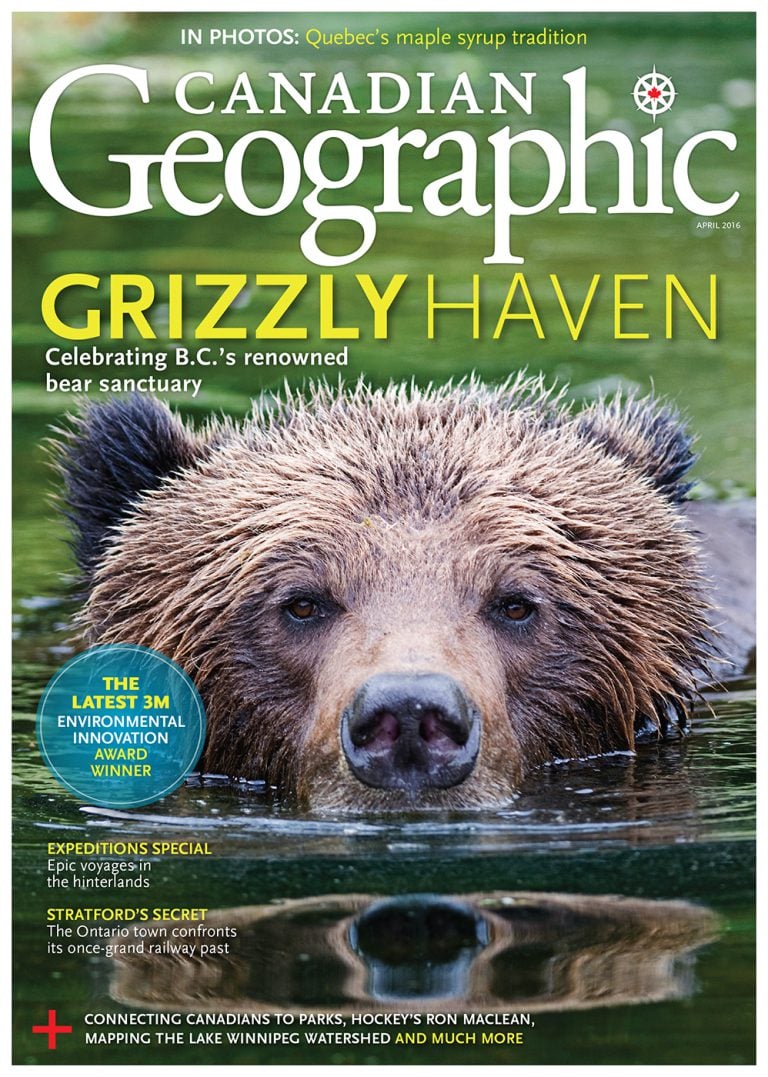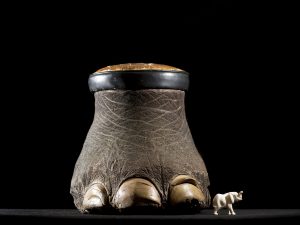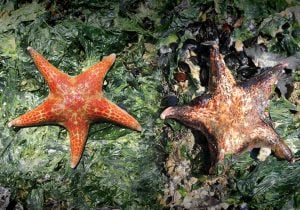
Environment
The sixth extinction
The planet is in the midst of drastic biodiversity loss that some experts think may be the next great species die-off. How did we get here and what can be done about it?
- 4895 words
- 20 minutes
This article is over 5 years old and may contain outdated information.
Wildlife

Federal Fisheries Minister Hunter Tootoo says that the government is committed to using science to determine what areas of Canada’s oceans will be selected for protection.
Tootoo, who made the comments in an interview with CBC, also confirmed that the government is on target to set aside five per cent of Canada’s oceans as marine-protected areas by 2017, and 10 per cent by 2020. Canada agreed to those commitments in 2010, after being ranked 119th in marine protection by the United Nations, but has only protected 1.3 per cent of its waters so far.
Tootoo has been meeting with scientists and environmental groups across the country before deciding which areas should be protected. During the CBC interview, the Nunavut-born Tootoo drew attention to the Arctic.
“I want to remind Canadians that we have a third ocean,” he said. “I think it shows that he [Prime Minister Justin Trudeau] sees the importance of the North, as part of our great country, and wants to bring a different perspective on how we look at things.”
Tootoo also told the CBC that the government would explore other, less conventional, options in protecting Canadian waters. “We’re going to have to look at how we’ve traditionally done this over the years, of just small little pockets of areas,” he said. “But we also have to look at some of things other countries have done, like identifying large areas to protect as well.”
Are you passionate about Canadian geography?
You can support Canadian Geographic in 3 ways:

This story is from the April 2016 Issue

Environment
The planet is in the midst of drastic biodiversity loss that some experts think may be the next great species die-off. How did we get here and what can be done about it?

Wildlife
An estimated annual $175-billion business, the illegal trade in wildlife is the world’s fourth-largest criminal enterprise. It stands to radically alter the animal kingdom.

Places
In Banff National Park, Alberta, as in protected areas across the country, managers find it difficult to balance the desire of people to experience wilderness with an imperative to conserve it

Environment
As the impacts of global warming become increasingly evident, the connections to biodiversity loss are hard to ignore. Can this fall’s two key international climate conferences point us to a nature-positive future?